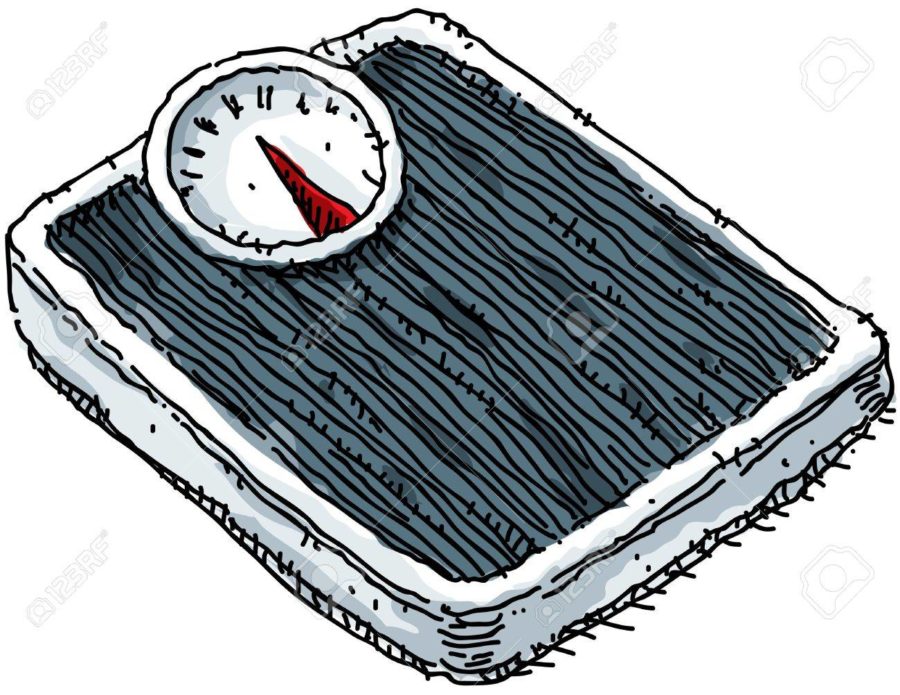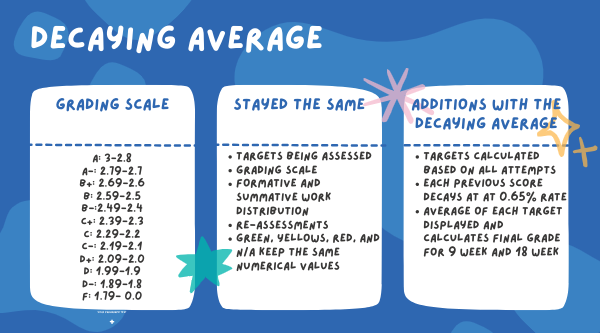Column: Learning to Combat the Freshman 15 Leads to Overall Healthier Lifestyle
The “Freshman 15” is mostly because of students being on their own for the first time and not knowing to do with their newfound freedom. Coincidentally, many students fall into the trap of high calorie vending machine snacks, lack of sleep and lack of physical activity.
May 13, 2019
Freshman 15 — A term almost all college students recognize, and one that most try to avoid. For reference, the fabled phrase refers to the average weight students gain during their first year of college.
Studies debunk the myth of actually gaining 15 pounds during the first nine months of college, but getting heavier is certainly a likelihood that exists in a college environment.
Research from Auburn University cites that 70 percent of students gained an average of 12 pounds from the beginning of college to completion. And while this is less weight than the original saying predicts, it is primarily fat mass and that can lead to an increased waist circumference.
Most of this weight gain is because of students being on their own for the first time and not knowing to do with their newfound freedom. Coincidentally, many students fall into the trap of high calorie vending machine snacks, lack of sleep and lack of physical activity.
Compiled below are the top tips to help incoming freshman avoid the seemingly inevitable “Freshman 15.”
Get enough sleep– A study from Boston University emphasizes this, stating that lack of sleep causes an increase in the hunger-promoting hormone ghrelin and a decrease in the hunger-suppressing hormone leptin.
Eat breakfast each morning- Studies from the U.S. Department of Agriculture suggest that students who skip this important meal are at a higher risk for becoming overweight or obese. Normally these students get hungry later on and often opt for unhealthy vending machine snacks or convenience store products. Eating breakfast also jumpstarts metabolism and helps prepare students for the day ahead.
Stay active– Perhaps this is the most obvious one on this list, but often one of the most neglected. University of Vermont has done research showing that only 15 percent of students get the recommended 30 minutes of exercise five times a week.
Clearly, one easy way to combat this is walking. College campuses are an easy area to do this in, with many containing walking paths and hiking trails. Walking to classes or taking the stairs instead of the elevator are also ways to combat weight gain without trekking all the way to the gym.
Drink water- This last tip is one that can improve anyone’s lifestyle, not just people trying to avoid weight gain. Medical News Today states that increasing water intake can help flush out body waste, helps maintain blood pressure, prevent kidney damage and can lead to weight loss. Cutting out sugary drinks will decrease calorie intake and reduce blood sugar levels.
Ultimately, combating American obesity starts young. The healthy habits Americans create on their own are the ones that will continue with them for the rest of their lives. Following these easy tips from above will aide new college students during their transition and hopefully help them avoid massive amounts of weight gain.











